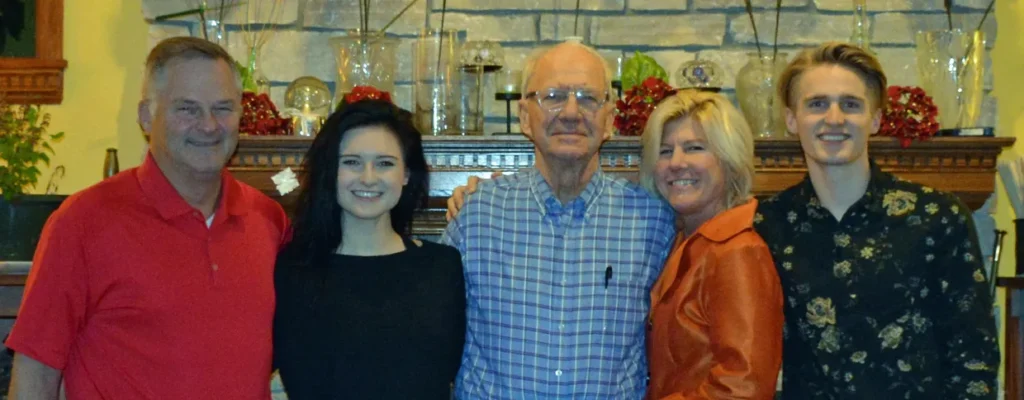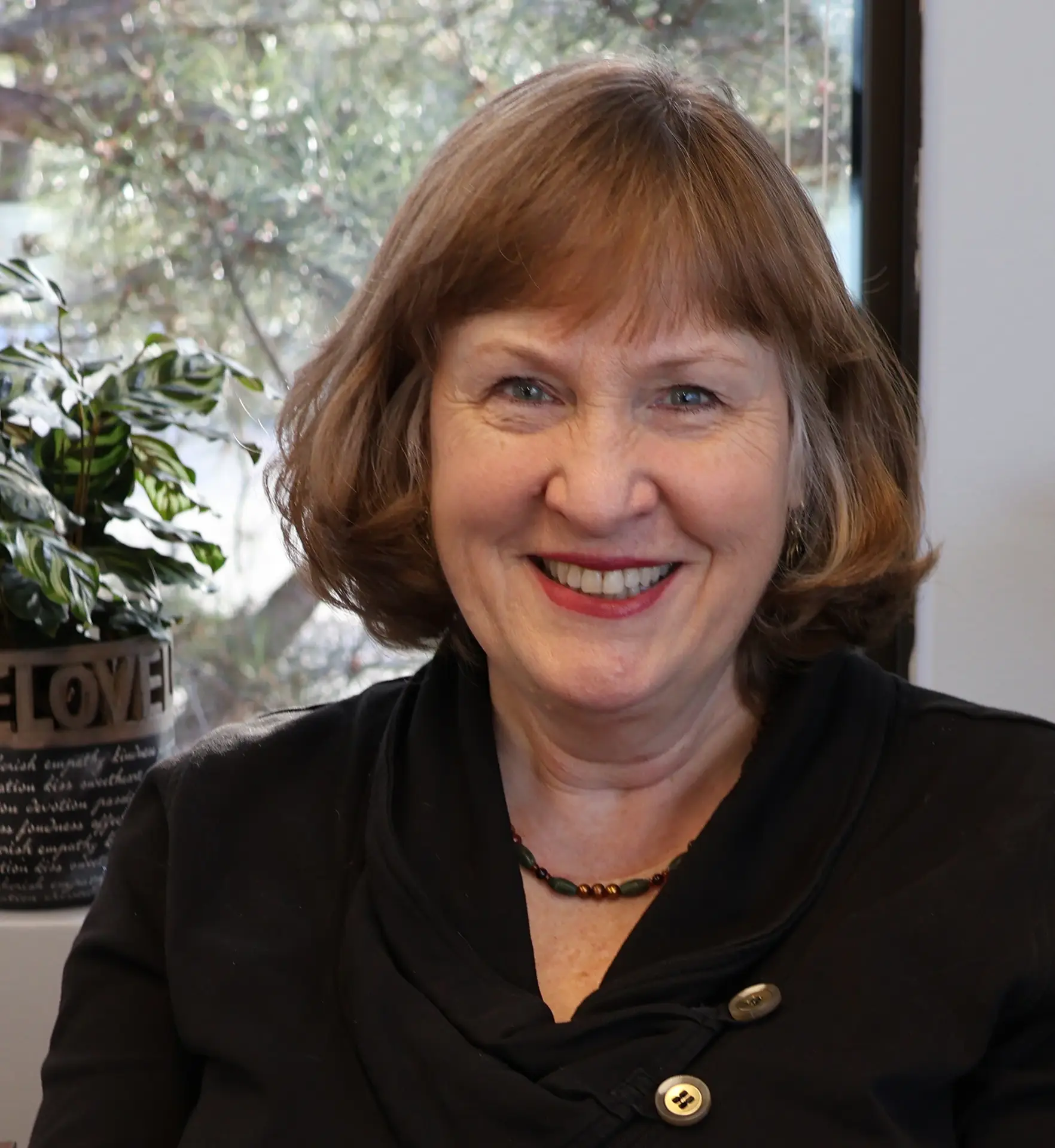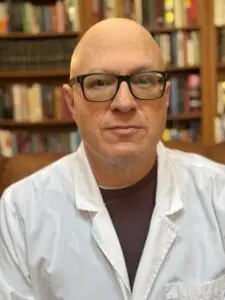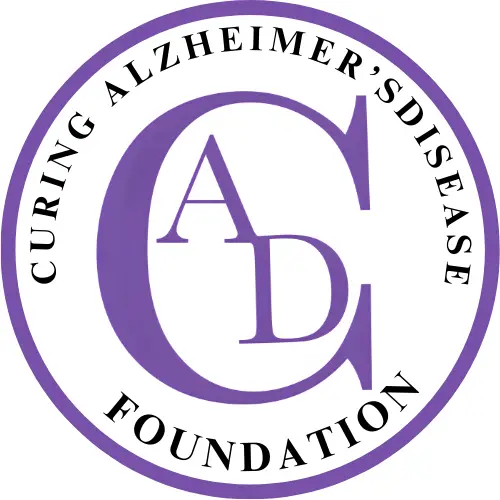Hope and Help: A Comprehensive Approach to Ending Alzheimer’s


At the Curing Alzheimer’s Disease (CAD) Foundation, our mission is simple but bold: to provide both Hope and Help in the fight against Alzheimer’s.
We believe families deserve more than awareness. They deserve answers. They deserve action. And they deserve a future free from this devastating disease.
A Foundation Built on Science, Not Speculation
From our inception, CAD has taken a uniquely comprehensive approach to understanding Alzheimer’s. Our work has drawn from and integrated research across:
-
Medical & Dental
-
Psychology & Psychiatry
-
Obstetrics & Endocrinology
-
Urology & Gastroenterology
-
Microbiology & Otolaryngology (ENT)
-
Neurology & Physiology
-
Veterinary Medicine & Functional Medicine
-
Eastern and Western Approaches to Health
This multidisciplinary lens allows us to study Alzheimer’s not as an isolated brain disorder, but as a whole-body disease with systemic origins.
Our HOPE: The Microbial / Infectious Hypothesis of Alzheimer’s
From this broad research base, we have identified what we believe is one of the most promising explanations for Alzheimer’s disease:
the Microbial / Infectious Origin of Alzheimer’s Disease (MAD).
This rapidly growing hypothesis suggests that bacteria, viruses, and other microbes may play a direct role in triggering and accelerating neurodegeneration.
In 2022, CAD made a historic decision: rather than wait for institutions to act, we chose to fund the science ourselves.
Today, that hope is real, tangible, and underway at:
The Alzheimer’s Legacy Lab – University of Minnesota
The Alzheimer’s Legacy Lab is the only lab of its kind studying a preserved brain that demonstrates Alzheimer’s disease can be interrupted. This lab is exclusively funded by the CAD Foundation.
The lab has just completed its first full year of operation. During this time, the Principal Investigator has:
-
Defined all six phases of planned growth
-
Built a world-class research team
-
Established an aggressive timeline toward human trials, projected to begin in 2030
This is not theoretical science. This is translational, actionable research with a clear path to clinical application.
This is our HOPE.
Our HELP: Practical Prevention for Real People
Research alone is not enough. While we work toward a cure, families need tools now.
From our research, we have also developed what we believe is one of the most practical and accessible Alzheimer’s prevention programs available:
Keeping Your Mind™ – The Practical Guide to Preventing (and Slowing) Alzheimer’s Disease
This community education series takes the top known Alzheimer’s risk factors head-on and translates complex science into clear, actionable steps people can take to:
-
Reduce risk
-
Improve overall health
-
Protect cognitive function
-
Empower themselves and their families
This is not fear-based education. It is hope-filled, logic-driven, and life-improving.
This is our HELP.
Impact, Growth, and What’s Next
For the past three years, the CAD Foundation has made a direct and measurable impact in the East Metro and within our Native communities.
-
The Alzheimer’s Legacy Lab is advancing at record pace, attracting world-renowned scientists and establishing itself as a respected force in the growing field of microbial Alzheimer’s research.
-
Our community programs are reaching seniors who are actively seeking ways to protect their cognitive health.
-
Our model is now being discussed as a blueprint for privately funded, mission-driven disease research.
2026 and Beyond
March 29, 2026 marks our first major fundraising milestone with the launch of an online web-event “Seeing the Science Through – to a Cure.” We will share Dr. Crandall’s amazing story of Alzheimer’s symptom reversal and brain preservation, you’ll hear from the researchers at The Alzheimer’s Legacy Lab that are working to find the cause of Alzheimer’s – and a not-to-be-missed announcement that will have viewers telling their friends about the HOPE that is finally here. This event uniquely connects donors directly with the scientists they support—bringing research out of the lab and into the community.
We are also in early discussions with additional labs and departments within the University of Minnesota to:
-
Expand collaborative research
-
Share resources
-
Ensure every dollar donated is used strategically and efficiently
Advocacy & Systemic Change
In 2026, CAD is also taking on one of the most impactful — and overdue — policy initiatives:
advocating for Medicare coverage of Dental, Hearing, and Vision care.
The science is clear. The bill exists.
Our mission is to help the system recognize that prevention is not only compassionate — it is cost-effective.
Future Expansion
Our forward plans include:
-
Funding a sister lab at the University of Minnesota School of Dentistry
-
Establishing a research partnership with the University of Minnesota School of Veterinary Medicine by 2028
Because Alzheimer’s does not exist in isolation — and neither should its solution.
Why We Exist
Everything we do is driven by one conviction:
End Alzheimer’s — and make prevention the standard, not the exception.
This takes vision.
This takes courage.
This takes funding.
If you believe in a future without Alzheimer’s, we invite you to stand with us.
Hope + Help.
Science + Strategy.
Research + Real-World Impact.
That is the CAD Foundation.
Best in Health,
Alzheimer’s Anna

Our Story
My Dad, Dr. David E. Crandall DDS, a Minnesota dentist, was successfully able to reverse late onset Alzheimer’s symptoms and spare critical brain structures normally destroyed by this disease. He did this by bravely experimenting on himself to see his hypothesis through – that Alzheimer’s Disease (AD) is caused by bacteria from our own body, specifically from the mouth.
This theory of his, that gum disease could be causing dementia, was the result of over 60 years of practicing dentistry, where he and his staff would watch patient after patient come into the clinic with gum disease that they refused to treat. As time went on, staff noticed changes in their cognition.
Which, believe it or not, was Dr. Oskar Fischer’s first thought (he was a colleague of Alois Alzheimer’s). Fischer’s research, which far exceeded Alzheimer’s in duration and number of autopsies performed, discovered that the majority of these patients’ brains contained something very unexpected: oral bacteria. Fischer’s assessment: These patients had lost their minds as a result of previously losing teeth to chronic gum disease.
Read More
So, when Dr. Crandall began to notice his memory begin to fail, he worried he might have Alzheimer’s. Which made sense as he’d been exposed to “bad” oral bacterial daily (it can aerosolize), and for years he never wore a mask during procedures. He consulted his doctors with his theory, backed up by substantial scientific data. Together they made history by prescribing a medication protocol that could possibly kill oral bacterial within the “privileged brain.”
But because we don’t know how to effectively by-pass the blood brain barrier, Dr. Crandall died from Alzheimer’s. The degree of protein deposition throughout is brain suggested he must have been a vegetable for a very long time. Yet Dr. Crandall toasted champagne 5 days before his passing.
The University asked to study what Dr. Crandall and his doctors had done. But after two years of applying unsuccessfully for grants, I realized the world can’t wait for the government to decide if, and when they will pay to support research into learning why gum disease is one of the highest AD risk factors (age being the highest), and why so many AD patients have oral bacteria in their brains.
So, I made the decision to quit my job and start a non-profit charity (The Curing Alzheimer’s Disease Foundation) that could raise the money for the lab. And the University, who has been amazing all along, allowed us to name the lab: The Alzheimer’s Legacy Lab – in honor of my dad, in honor of Dr. Fischer and in honor of all the people who have fallen to AD.
Along the way it became clear that our community is desperately needing Alzheimer’s education and desperately wanting to learn about proven ways to help prevent this disease. As a result, our Foundation decided to create a community outreach program to address this need. Called “Keeping Your Mind – the practical guide to preventing Alzheimer’s,” this program is based on five principles of protection: oral health, diet, sleep, exercise and stress reduction.
Meet our Board
David
Dr. David E. Crandall BS DDS
Anna
Anna Shelander BA
Weston
Weston Shelander BS
Victoria
Victoria Shelander BS
John
John Shelander BS MBA
Jackie
Jackie Torfin BS, MA
Karen
Karen Sorbo

Diane
Diane Hovey, PhD
Don
Dr. Don Erickson BS MD
Andrew
Dr. Andrew Glover BS DDS
Bob
Robert Freed BS, MA, PhD, JD
Thad
Thad Tumbleson BS, MA
The CAD Foundation's Scientific Board Director

Joseph Alisky, M.D. Ph.D, is the Director of the CAD Foundation's scientific board. He is originally from Tempe, Arizona and has over twenty-five years of healthcare experience. He received his undergraduate degree from the University of Arizona and obtained both M.D. and Ph.D degrees at St. Louis University. Dr Alisky is passionate about improving and advancing treatment of dementia and supporting research into finding a cure for Alzheimer's and other related dementias.
The CAD Foundation’s Scientific Board is comprised of a broad number of medical experts who work in the fields of Periodontics, Dentistry, Neurology, Endocrinology, Urology, Gastroenterology, ENT, Dermatology, Veterinary Medicine, Microbiology, Gerontology, and Obstetrics. Our Scientific Board oversees the progress of The Alzheimer’s Legacy Lab and provides the research team with current study data about their area of medicine that overlaps with Alzheimer’s Disease. Our goal is to allow relevant data to freely flow between all disciplines in order to maintain an open-minded approach to this complex, multi-disciplined disease process. Our Scientific Board members have asked to remain anonymous, as many are treating patients or conducting research at various educational institutions throughout the United States and abroad.

